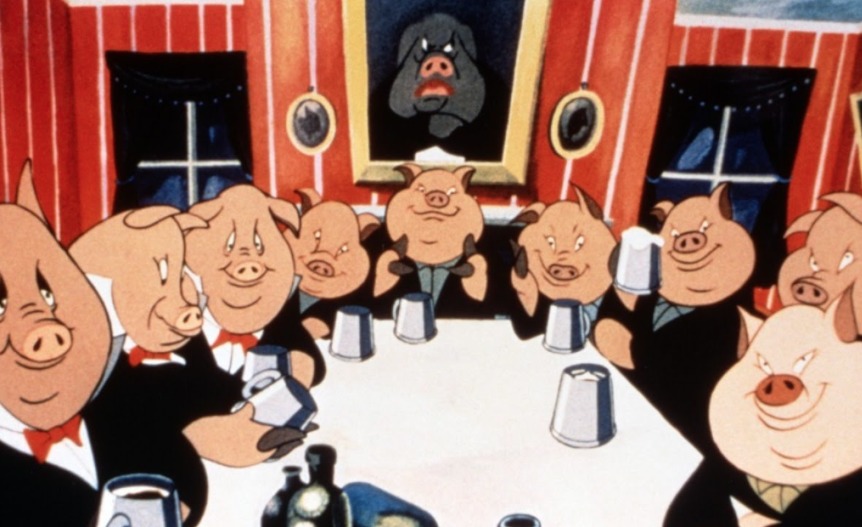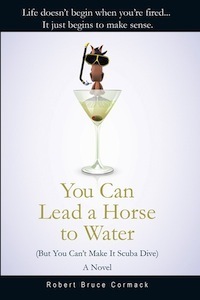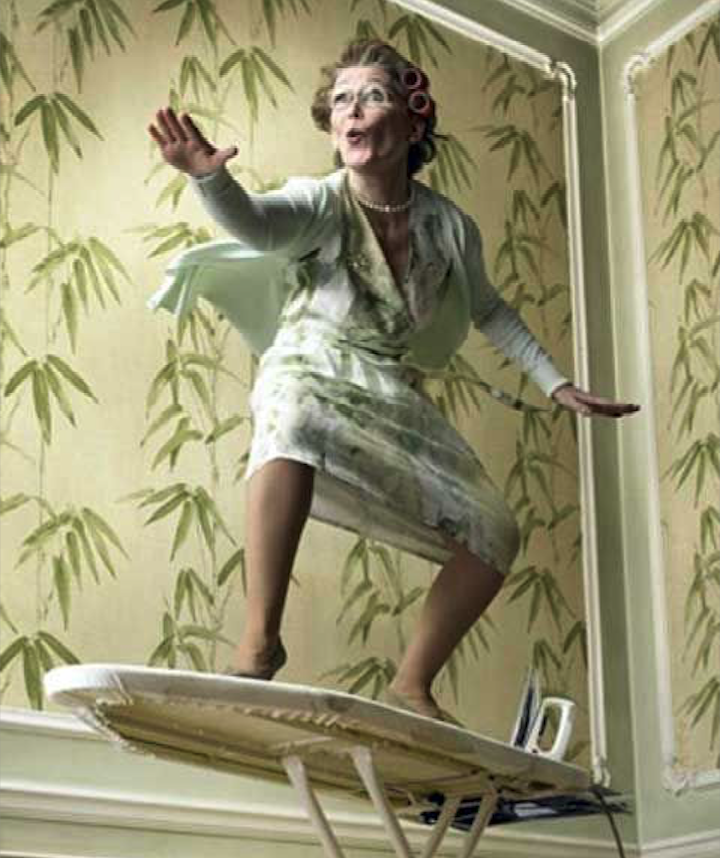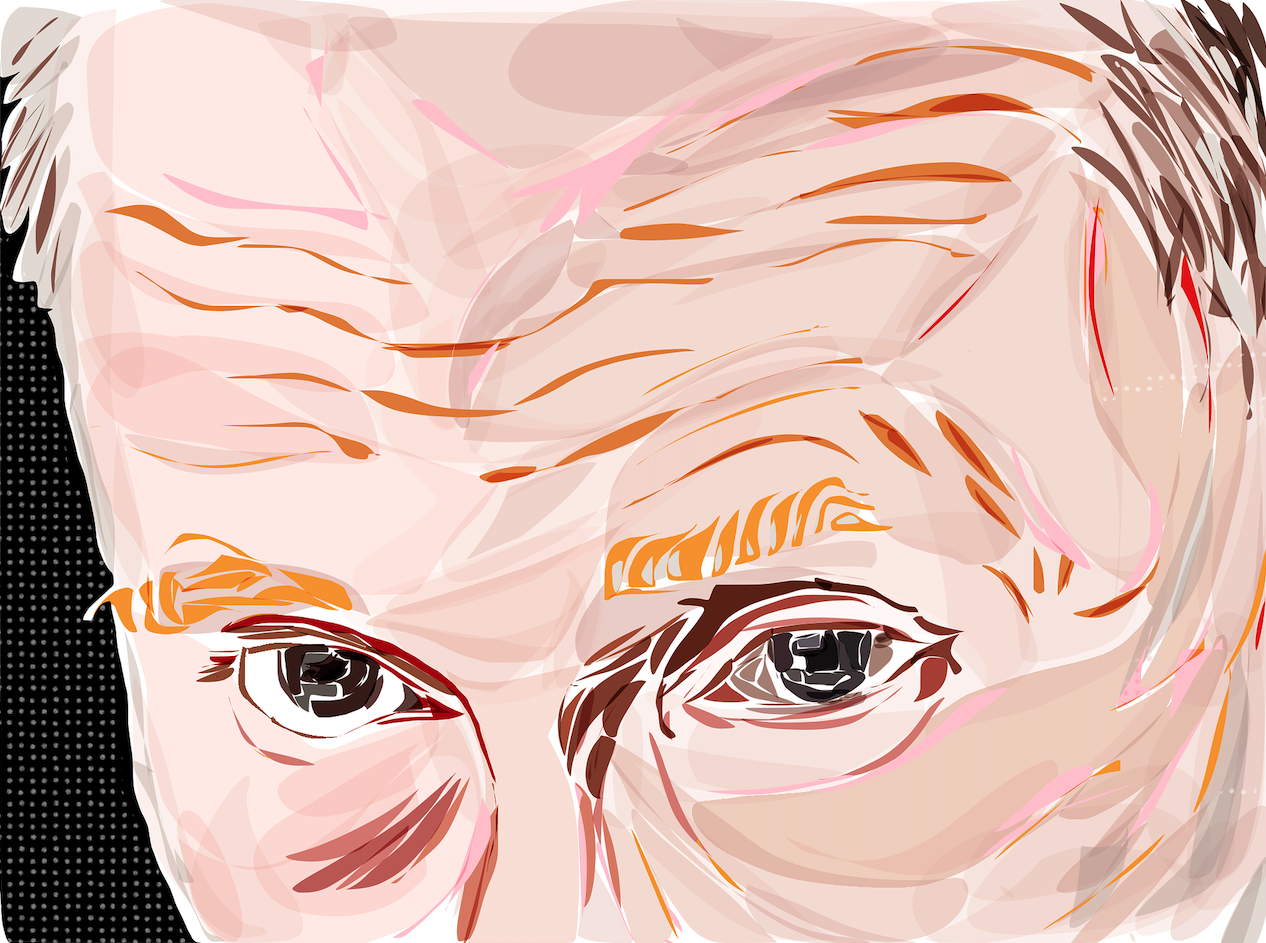Are We Trying to Please Consumers Or Ted?

"I have learned that trying to guess what the boss or the client wants is the most debilitating of all influences in the creation of good advertising." Leo Burnett
In an article I wrote called: “We’ve spent the last fifteen minutes talking about it,” I noted that a lot has changed in advertising since Mad Men. The corporate structure has undergone a tremendous shift and with that shift, we’ve developed what Nietzsche once called: “the slave morality.”
I don’t quote Nietzsche much, since he tends to throw words like “slaves” around a lot. He claims that when we “herd’ we become slavish to the idea of co-operating. This takes away our instinctual energy, leading to self-doubt and self-loathing.
Boy, how many of us have come out of a meeting with either self-doubt or self-loathing—or both. Nietzsche called this losing the “ascetic ideal,” which is a fancy way of saying there’s nothing to inspire people to become better.
The more we herd, the less we think about greatness (which, according to Nietzsche, is the only thing that separates us from animals). And without thinking of greatness, we tend not to think period. We become robotic, spending more time on process and deadlines than the content itself.
Remember in Mad Men when Don Draper is re-instated but now has to work under Peggy? When Peggy asks him for twenty tag lines, he says: “What’s the strategy?” She tells him Ted (her boss) likes to see a bunch of tag lines and then he’ll decide on a strategy.
Don doesn’t say anything, but you know what he’s thinking. With all the copywriters coming up with “twenty tag lines,” they aren’t creating for the product. They’re creating for Ted.
How many of us have replaced instinct with the need to please our boss or our client? How many of us say: “What do you think the client wants?” And how often do we avoid saying something for fear it won’t meet with someone's approval.
As Nietzsche explains, in this kind of “herding structure” it opposes the development of inspiring people, promoting instead people who are modest, submissive and conforming. The reason Ted wants Don out in the end is simple: Don stands in the way of people being modest, submissive and conforming.
Ted protects himself by limiting the decisions he makes. Don doesn’t give a damn about protecting himself. He just wants to produce the best advertising possible. He’s a millionaire. Ted ends up drawing cartoons.
In one of the early episodes of Mad Men, Don is going through all the work being developed for a pitch. He looks at everything and says: “We have a bunch of bricks but no building.” Later, he comes out and says: “We’re approaching this all wrong.” He explains why and everyone goes back to their offices feeling dejected.
A lot of people hated Don that night. "How could we all be wrong?" they said, much like herds of animals do when they realize they're going into a river full of crocodiles.
The point is, what the creative department presented to Don was wrong. Without him realizing that, they would have gone into the pitch with a bad campaign. I’ve known agencies that have lost pitches time and time again. They can’t understand it. They all agreed on the idea, the strategy, the execution. They had countless meetings until everyone agreed on everything.
Why they failed is simple. As Einstein once said: “When everyone agrees, you know you’re wrong.”
We often mistake “herding” for democracy. When we’re all treated like equals, we feel equally important. We want equality more than we want respect. The latter requires work, the former doesn’t.
For the true “herder” this is fine and dandy. Conformity isn’t so bad if it means you don’t have to take responsibility for anything. The trouble is, this doesn’t diminish our self-doubting and self-loathing.
As Rita Mae Brown once said: “I think the reward for conformity is that everyone likes you except yourself.”
In the article I mentioned earlier, I included the many blogs people posted after the final episode of Mad Men. A lot of them talked about the paradigm shift, this new direction of inclusiveness (read herd). I responded by saying:
“They say advertising isn’t about “one man” anymore. It’s a co-operative effort, with everyone offering ideas. Having ‘no stars’ is supposed to make this business more inclusive. That’s a pipe dream. What we’ve created is a term called ‘making a camel.’ We start with a horse, then concern sets in, too many voices, too much second guessing.”
Agencies—and companies in general—second guess their way out of business all the time. As we add humps, usually to the humps the client has already added, we end up with a ton of humps, but no real idea.
Like it or not, ideas are still the currency of business. The “herders” may hate that notion, but they’ve always hated it. Just as Ted hated Don.
When Joan says to Don: “It isn’t always about you,” she should remember that she’s rich because of Don. Without him, Sterling Cooper was a two-bit agency. Joan may have run her own accounts, but those accounts weren’t won by her. She took them over, made nice with the client, and soon decided she was invaluable.
You can say, “Well, she got rich in the end, so what does it matter?” It doesn’t if you’re content to live like that. My suspicion is—at the end at least—she’s not content. Starting her own production business is a way of keeping that self-doubt and self-loathing at bay. She has to find success on her own.
At least she knows that’s what she has to do. For most “herders,” they’ll continue thinking inclusion will make them happy. Maybe it will, but it’ll also make them poor. Even if it’s not money, they’ll be poor in other ways. They’ll end their careers, knowing they never stood up or stood out.
That’s the worst kind of poverty.
Do you consider yourself a herder or someone who stands out? Let me know at: rcormack@rogers.com
Robert Cormack is a freelance copywriter, novelist and blogger. His first novel “You Can Lead a Horse to Water (But You Can’t Make It Scuba Dive)” is available online and at most major bookstores. For more details, go to Yucca Publishing or Skyhorse Publishing.

""
Articles from Robert Cormack
View blog
Has the world gone crazy, or are we having daddy issues? · “The end move in politics is always to pi ...

Fuck. · “I thought about reading a poem by Shakespeare, but then I thought, why should I? He never r ...

It could be worse than losing. · “We are what we pretend to be, so we must be careful what we preten ...
Related professionals
You may be interested in these jobs
-

Coordinateur de service
Found in: Talent CA C2 - 3 days ago
Randstad Canada Dorval, Canada PermanentÊtes-vous un coordonnateur du service et du bureau des commandes dynamique, soucieux du détail et bilingue qui cherche à travailler dans l'Ouest-de-l'Île ? Notre client, un chef de file dans la distribution d'outils, est à la recherche d'une personne pour son bureau de Dorval. · ...
-
auto body repairer
Found in: Talent CA 2 C2 - 3 days ago
ProColor Collision Etobicoke North Toronto, CanadaEducation: · Expérience: · Education · Secondary (high) school graduation certificate · or equivalent experience · Tasks · Review damage report and estimates of repair cost and plan work to be performed · Clean and maintain work space · Replace front end components, body compon ...
-
store clerk
Found in: Talent CA 2 C2 - 3 days ago
City Furniture (FSJ) Fort St. John, CanadaEducation: · Expérience: · Education · Secondary (high) school graduation certificate · or equivalent experience · Tasks · Operate cash register · Supervise staff (apprentices, stages hands, design team, etc.) · Operate computerized inventory record keeping and re-ordering syst ...


&v=024)
Comments
Robert Cormack
6 years ago #7
Thanks, @CityVP, glad you enjoyed the buzz.
Robert Cormack
6 years ago #6
Martin Wright
6 years ago #5
CityVP Manjit
6 years ago #4
Robert Cormack
6 years ago #3
Robert Cormack
6 years ago #2
Bill Stankiewicz
6 years ago #1